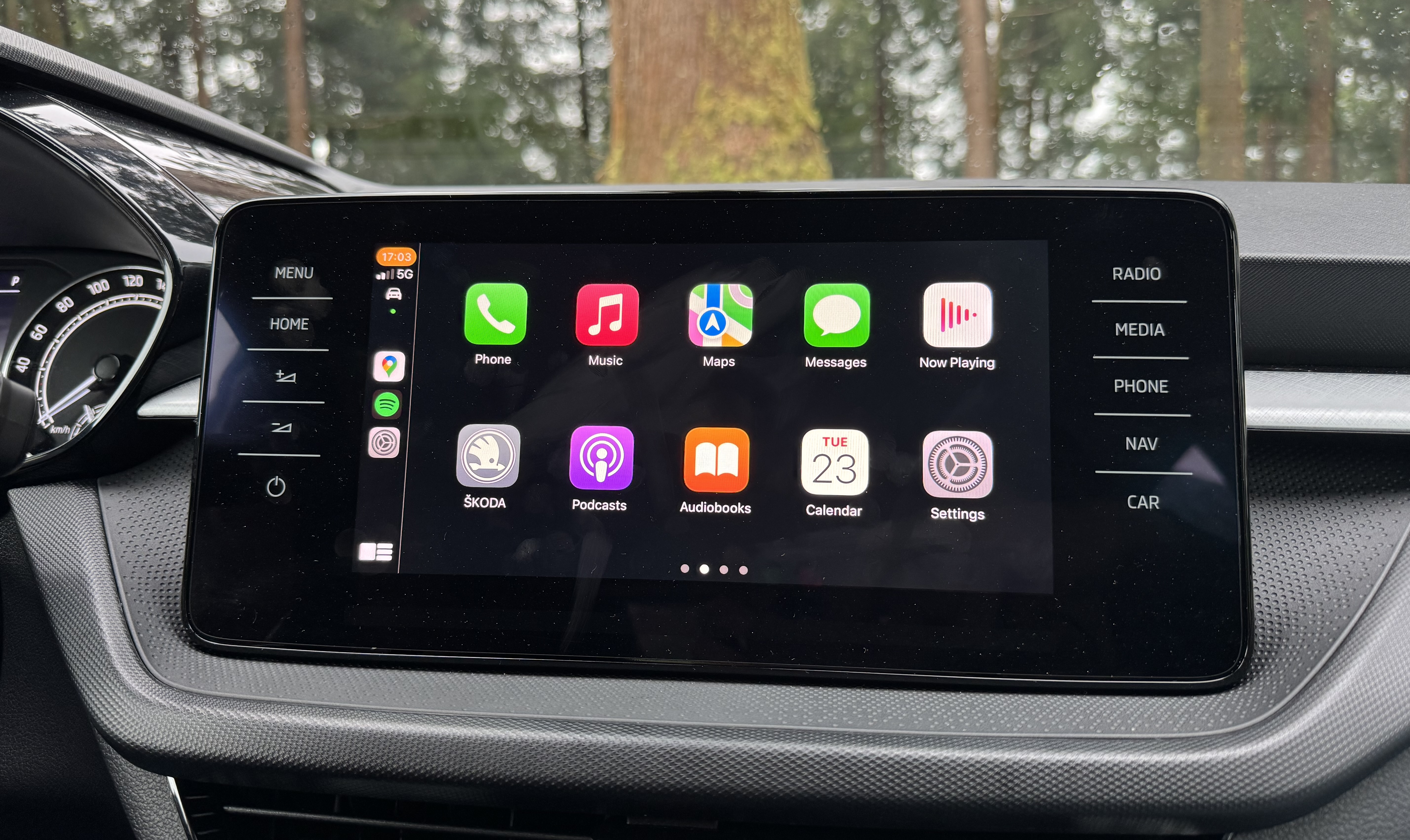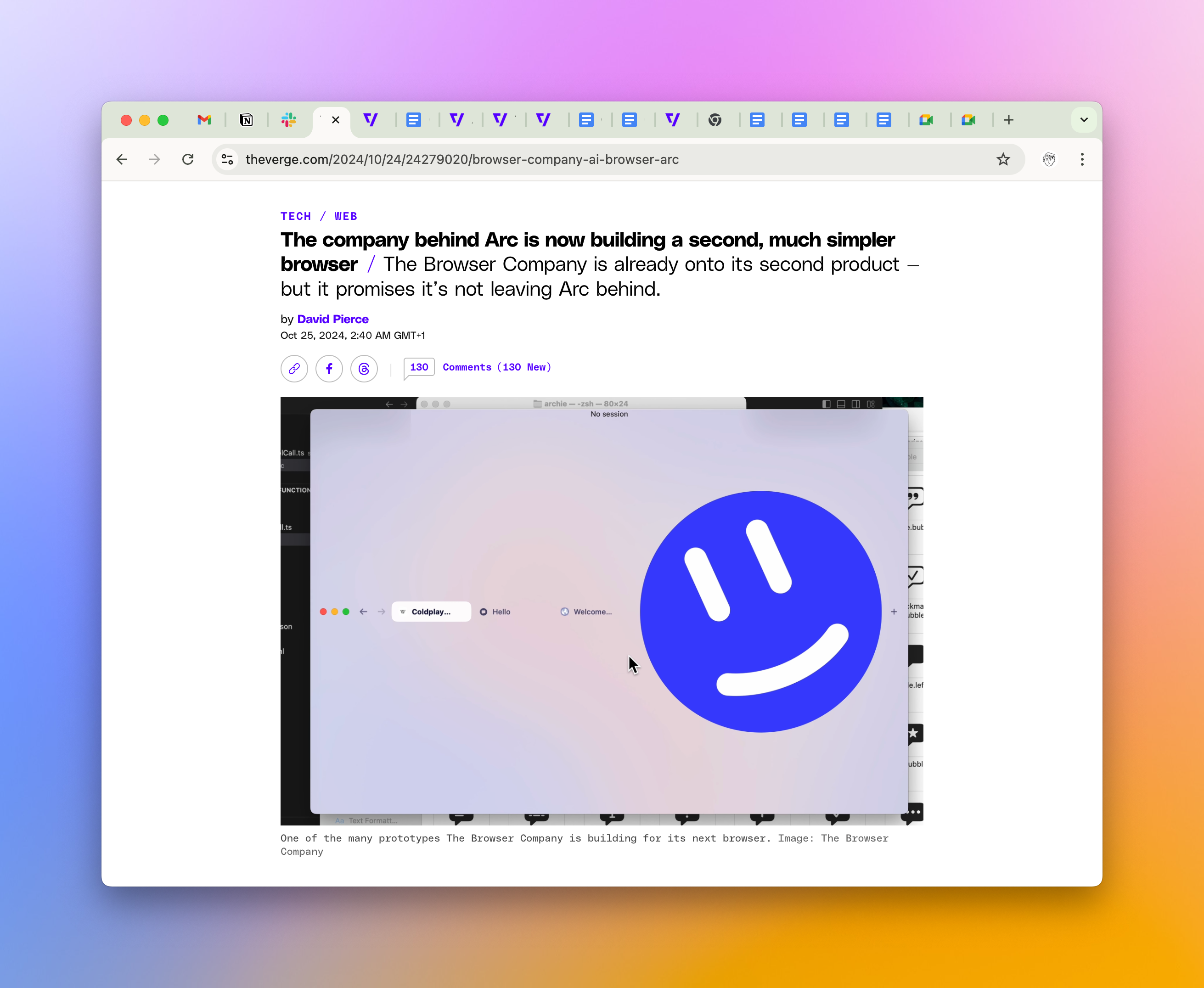Why Apple Has to Allow Sideloading
I think the lack of sideloading has been a tremendous advantage for iOS and Apple’s ecosystem. I also think Apple should give it already.
I think the lack of sideloading has been a tremendous advantage for iOS and Apple’s ecosystem overall. I also need Apple should open it up.
The fact you can only install apps from the AppStore on iOS gives users, developers, and Apple itself tremendous benefits. Users can install any app with no fear for their wallet or data (hm, most of the time). In turn, developers get more revenue because users are willing to install and buy new apps. Developers also don’t have to worry about piracy – it doesn’t exist. That’s different on Android, where I can go to an online forum full of cracked .apk files visited by 30 million people a month. Google even offers special anti-piracy protection to developers. I think it’s more than just about the lost share of their revenue. This status quo has likely affected the very business model of thousands of apps on Google Play Store, pushing developers to advertising or from developing an Android app in the first place.
iOS doesn’t have these issues. There’s a notion that all Apple platforms don’t really suffer from piracy or malware but I can’t really agree with that. There are websites with cracked apps for MacOS (I won’t link to them but you probably can find them) and there is malware targeting Macs. The scale is much smaller, of course, but that is just a correlation to the number of Mac users. This is just iOS.
The fact you had to go through the closed AppStore and give up 30% of digital revenue is an issue for many developers and publishers and will likely be one of the key points of any future anti-trust action against Apple. Epic Games played a game of chicken with Apple and working things out in court right now. If iOS allowed sideloading without jailbreak many developers might have chosen to stay out of the AppStore, just like they don’t distribute their Mac apps through Mac App Store. But that would also destroy some of the advantages iOS creates for both users and developers.
I believe there’s a very particulate user where sideloading is reasonable. To clarify, where Apple relinquishing control over what apps you install is reasonable.
It’s censorship.
People throw that word all the time now but I’m specifically talking about the government-level censorship. Some people believe that the block of Parler by everyone in the tech industry from Apple to Amazon AWS was an act of censorship but that’s a different discussion that I’m not going to participate in right now.
Clubhouse, a voice-based social app value at $1 billion in their most recent Series B, just got blocked in China on multiple levels: ISP, Apple AppStore, carrier networks. This means that in order to run Clubhouse there you need:
- A VPN
- An alternative iCloud account for the AppStore
- A Non-China phone number
That’s more than enough friction. VPN is probably the easiest part, though most of the well-known ones are blocked as well. AppStore is a bit trickier – you can create a new account without a credit card. But it’s a huge hassle to switch between them and you’d lose some things e.g. like tracks downloaded in Apple Music. And if you need to buy an app or make an in-app purchase you’re out of luck – you need a foreign credit card as well.
Clubhouse is hardly alone. Most of the Western social networks and apps are blocked in China in a similar manner, although at least as far as I know they don’t always block confirmation texts. But you can’t access Facebook, Google, Youtube, or a myriad of other services in China. Apple follows the demand of China and removes entire categories of apps from the Chinese AppStore. They even built a unique Apple Podcasts app for the Chinese market.
India banned TikTok in June 2020 alongside 59 other Chinese-made apps, citing national security concerns. Russia blocked LinkedIn and has been developing the technical and legal capabilities to enforce such bans. Benedict Evans called the end of the American Internet in 2020 since 80-90% of Internet users are now outside the USA while the Internet itself became vastly more important. This means that countries with a tendency to show off their sovereignty begin to both favor their tech champions and heavily regulate the global entrants.
The Internet was born as something truly global but in a sense it was American. US-based companies dominated since they were able to generate more revenue and spread their fixed costs on a much larger userbase than any platform in a smaller country could. As a result, the US partially exported their legal system and values onto those platforms. And I think that had a positive effect on most of the world since those values often were more open and democratic. But now it seems that process was a fluctuation and not something we should take for granted.
Apple still wants to sell its products in China, India, Russia, and all other countries. But having the centralized switch to control what apps you can install and how you pay for them becomes a much larger liability for them when governments get involved. And it’s very detrimental to their users. There are bypasses for free apps but only of them. If iOS allowed sideloading even in some limited form alongside the main AppStore that pressure would be removed.
Potentially, getting access to a blocked app might be the only reason I’d ever buy an Android phone if there is no other way.




